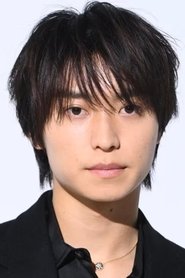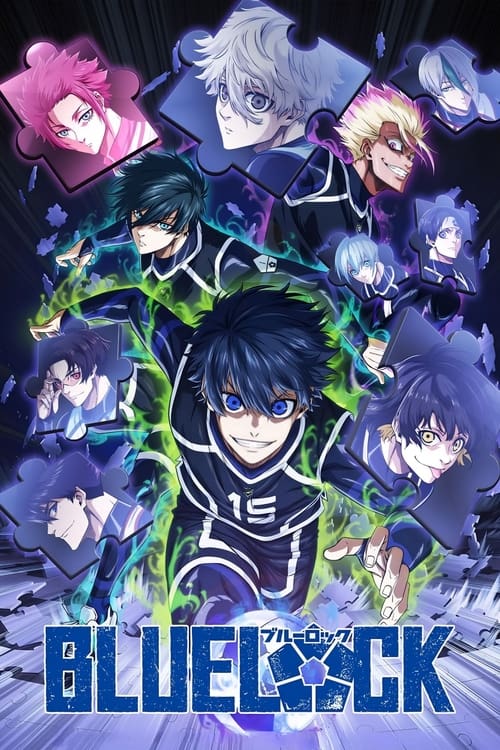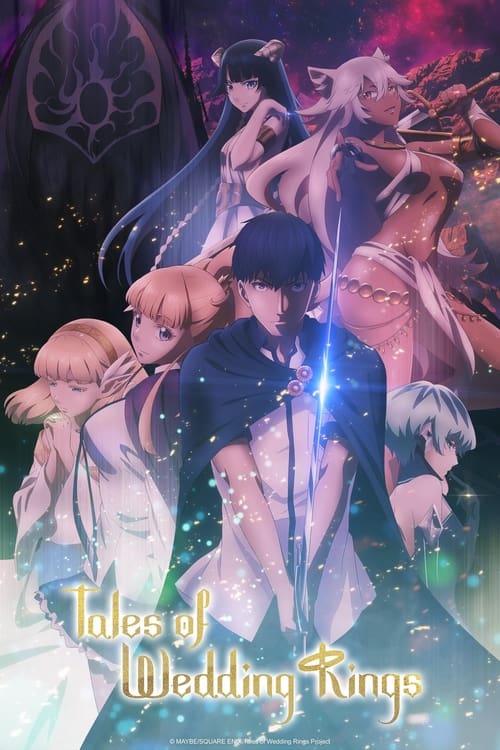
Ask Your Own Question
What is the plot?
The episode opens with Haibara Ryunosuke noticing that Hajime Aoyagi is acting unusually withdrawn and troubled. Concerned, Haibara suggests they take a trip to Izu to visit Yuichiro Akafuji, hoping the change of scenery and reunion will help Hajime open up and feel better.
Despite Haibara's earnest invitation, Hajime hesitates, showing reluctance to confront his feelings or the situation with Akafuji. Haibara insists, emphasizing the importance of facing these emotions rather than avoiding them. Eventually, Hajime agrees to go, setting the stage for the trip to Izu.
Upon arriving in Izu, the atmosphere is initially light and scenic, with the group enjoying the natural beauty and relaxed environment. However, the underlying tension between Hajime and Akafuji remains palpable. Haibara tries to mediate and encourage communication between the two, sensing the unresolved issues that have been straining their relationship.
During a quiet moment, Hajime confronts Akafuji about the distance that has grown between them. Hajime expresses his insecurities and jealousy, particularly regarding Akafuji's close working relationship with the star director Yamabuki, which has made him feel uncertain and anxious about their bond.
Akafuji responds by admitting his own fears and insecurities, revealing that despite his confident public persona, he struggles with intimacy and vulnerability. This mutual confession marks a turning point, as both acknowledge their shared emotional struggles but also their failure to communicate openly.
The conversation escalates into a heated exchange where both express frustration over the lack of trust and openness. Akafuji's manager Yukari and Hajime's manager Kijima, who are also involved romantically but with their own complications, observe from a distance, adding layers to the interpersonal dynamics.
After the confrontation, Hajime and Akafuji take time apart to reflect. Hajime wanders alone by the seaside, grappling with his feelings of love and fear of rejection. Akafuji, meanwhile, visits a quiet spot to collect his thoughts, showing vulnerability rarely seen before.
Later, they meet again at a local café where Hajime makes a sincere apology for his jealousy and lack of trust. Akafuji accepts the apology and admits he wants to try harder to be honest and open with Hajime. They agree to work on their relationship together, recognizing that love requires effort and communication.
The episode closes with the two walking along the beach at sunset, holding hands tentatively but with a renewed sense of hope. Haibara watches them with a small smile, satisfied that the trip to Izu has helped them take a crucial step forward in their relationship.
Throughout the episode, comedic moments punctuate the emotional tension, such as Yuichiro's exaggerated fainting whenever Hajime gets flustered or steamy, providing levity amid the serious conversations. Side characters like Kuromiya Ryoga also appear briefly, adding subtle complexity to the social environment around the main couple.
This detailed progression captures the emotional highs and lows, key confrontations, and decisions that drive the story forward in episode 5, "Love Panic in Izu," of I Became the Main Role of a BL Drama Season 2.
What is the ending?
After Huibara notices that Aoyagi is acting strange, he suggests they travel together to Izu to visit Akafuji. The trip is meant to cheer Aoyagi up, but things quickly spiral into chaos as misunderstandings, jealousy, and awkward situations pile up. In the end, the group returns home, tensions are eased, and the characters begin to understand each other a little better.
Now, let me narrate the ending of "Love Panic in Izu" in a chronological and narrative fashion, scene by scene, as if I were orating it.
The episode opens with Huibara observing Aoyagi's unusual behavior. Aoyagi is distant, distracted, and seems troubled. Huibara, concerned for his friend, suggests they take a trip to Izu to visit Akafuji, hoping the change of scenery will help Aoyagi feel better. Aoyagi reluctantly agrees, and the two set off together.
Upon arriving in Izu, they find Akafuji busy with his new project, working closely with the acclaimed director Yamabuki. Akafuji greets them warmly, but there is an underlying tension. Aoyagi is visibly uncomfortable around Akafuji, and Akafuji seems preoccupied with his work and his growing bond with Yamabuki.
Huibara tries to lighten the mood with jokes and playful antics, but the atmosphere remains strained. Aoyagi's jealousy flares when he sees Akafuji and Yamabuki laughing together, sharing inside jokes, and working late into the night. Akafuji, unaware of Aoyagi's feelings, continues to focus on his career, oblivious to the emotional turmoil he is causing.
The situation escalates when Aoyagi overhears a conversation between Akafuji and Yamabuki, misinterpreting their words as a sign of a deeper connection. Aoyagi storms off, leaving Akafuji confused and hurt. Huibara tries to mediate, but his efforts only add to the confusion.
Later that night, Aoyagi confronts Akafuji, expressing his insecurities and fears about their relationship. Akafuji, surprised by Aoyagi's outburst, finally realizes the depth of Aoyagi's feelings. He reassures Aoyagi that his bond with Yamabuki is purely professional and that his heart belongs to Aoyagi.
The next morning, the group gathers for breakfast. The tension has eased, and there is a sense of relief. Akafuji and Aoyagi share a quiet moment, reaffirming their commitment to each other. Huibara, ever the optimist, jokes about the drama they've all been through, lightening the mood once more.
As they prepare to leave Izu, Akafuji promises to be more attentive to Aoyagi's feelings and to communicate better in the future. Aoyagi, though still a bit insecure, feels reassured by Akafuji's words. Huibara, satisfied with the outcome, bids them farewell and heads back home.
The episode ends with Akafuji and Aoyagi walking together, their relationship stronger than before. The experience in Izu has taught them the importance of communication and understanding in their relationship. Huibara, though not directly involved in the romantic conflict, plays a crucial role in bringing the two together and helping them resolve their issues.
In summary, the fate of each main character at the end of the story is as follows: Akafuji and Aoyagi reconcile their differences and reaffirm their commitment to each other. Huibara, the supportive friend, ensures that the group remains united and helps resolve the misunderstandings. The episode highlights the importance of communication, understanding, and the challenges of maintaining a relationship in the face of external pressures and insecurities.
Is there a post-credit scene?
Based on available sources, there is no evidence of a post-credit scene in episode 5, "Love Panic in Izu," of I Became the Main Role of a BL Drama Season 2 (2025). The episode synopses and reviews focus on the main narrative, detailing how Haibara notices Aoyanagi is troubled and suggests a trip to Izu to visit Akafuji, but there is no mention of any additional content after the credits. No fan discussions, episode guides, or streaming platform notes reference a post-credit sequence for this specific episode. Therefore, it can be concluded that "Love Panic in Izu" does not contain a post-credit scene.
Is this family friendly?
I Became the Main Role of a BL Drama Season 2, Episode 5 "Love Panic in Izu" maintains the series' playful and comedic tone, but there are a few aspects that may not be suitable for young children or sensitive viewers. The episode features mild romantic tension and some awkward, emotionally charged moments between the main characters, which could be confusing or uncomfortable for younger audiences. There are also scenes involving misunderstandings and mild anxiety that might be upsetting for sensitive viewers, though nothing is overly intense or graphic. The show includes light-hearted humor and occasional visual gags, but the overall content is more appropriate for teens and adults due to its romantic themes and emotional complexity.
























